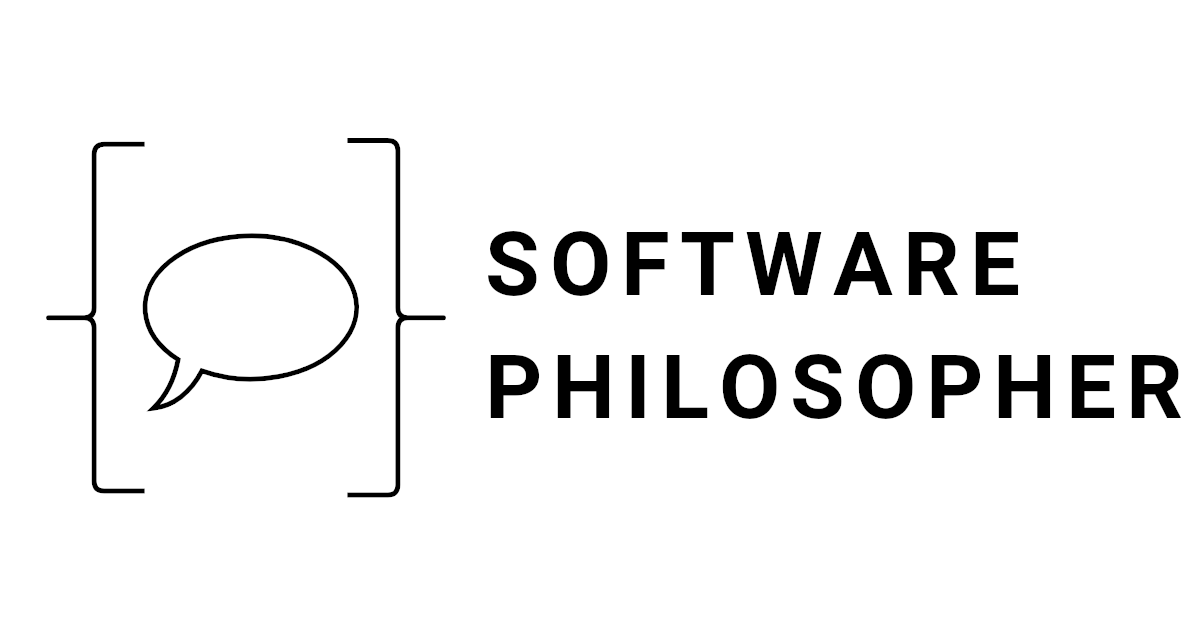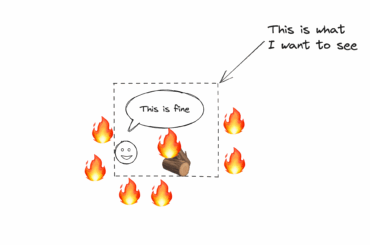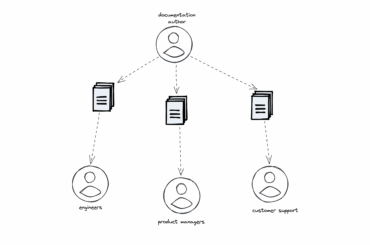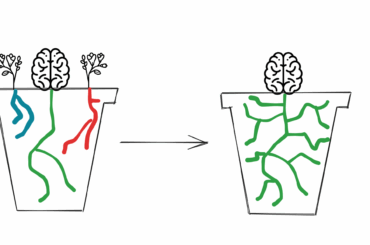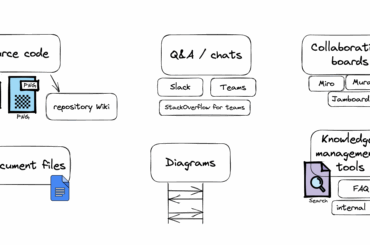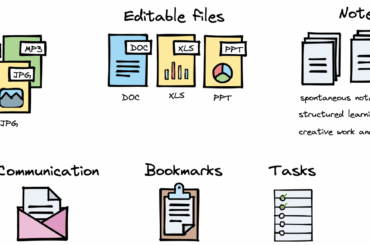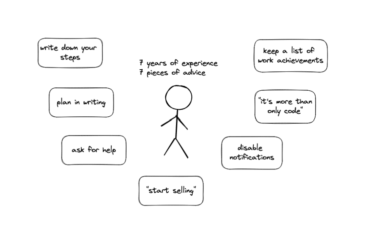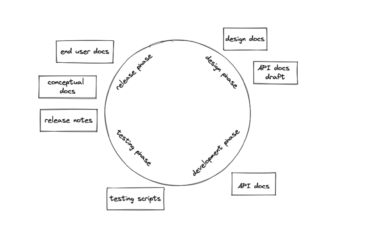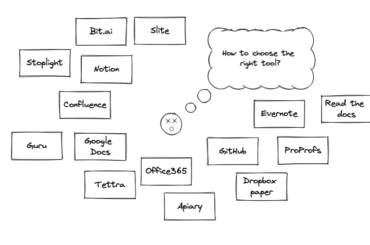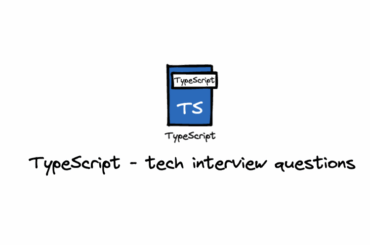How we feel about reality depends on how we interpret and perceive different situations.
Learn how to identify the audience of the documentation, so that it is more focused and structured without providing too much information.
Where should you keep your documentation?There are multiple options and it all depends on what you need to store, what tools are available for you, and what the skills in the team are.
An example how in-app subscription upgrades handled by RevenueCat can be tracked in ChartMogul. It also gives some insight into one of proration modes for GooglePlay.
In the article, I describe how I manage my digital files and actions to stay organized. I describe methodologies and tools I have adopted and used successfully.
Write down your past or planned steps, ask for help, start selling something online, disable notifications, and a few pieces of advice more. These are my 7 things that I learned after 7 years of experience.
When is the right moment to write documentation? That depends on the document type. Conceptual docs, release notes, testing scripts – they all fit differently into the software development cycle
There are multiple aspects to consider when choosing the right tool for the docs. I aim to provide questions that are worth asking.
